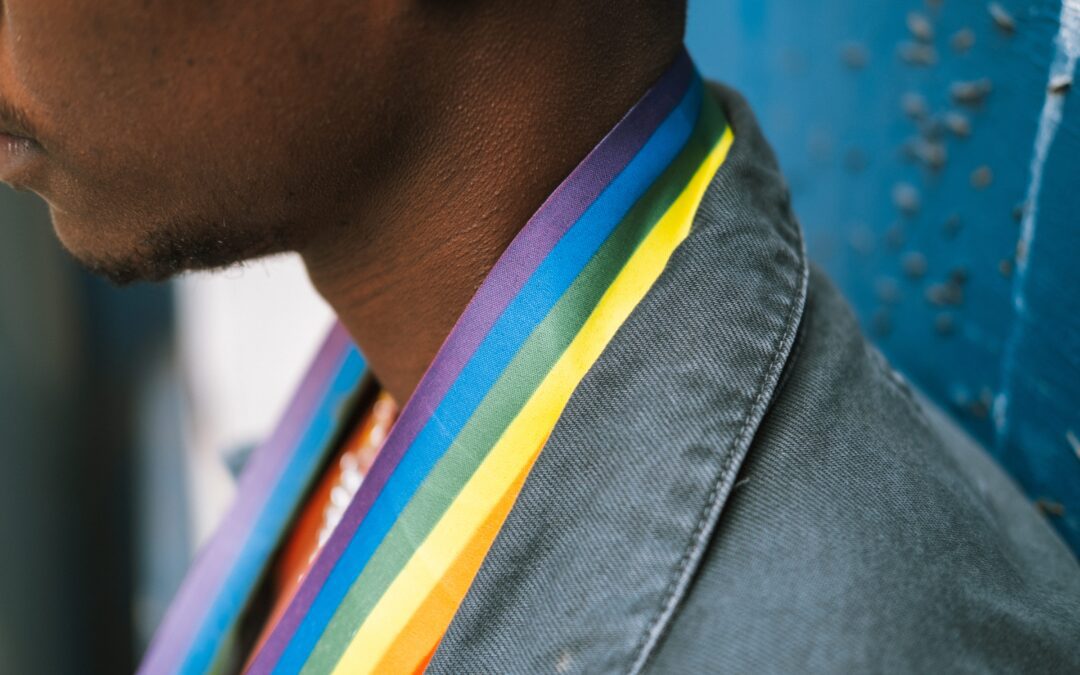Young students from the University of Wollongong have discussed their opinions regarding the Australian Bureau of Statistics’ statement suggesting a potential change to the gender identity options available in the 2026 Census.
The first phase of the ABS public feedback consultation has recently come to a close, and the Bureau has stated in their 2026 Topic Review Phase One that new topics including gender and sexual orientation are being considered for inclusion in the next census.
UOW social science student Alex Ross, 19 said the changes were a ‘positive step forward’ .
“It’s important for everyone to feel represented, and having options to express gender-identity could help to better understand the diversity in our society,” he said.
“I think adding these questions could really influence societal attitudes positively.
“If people who aren’t familiar with the concept see it included in an official government document like the census, it could spark conversations and lead to better understanding and acceptance.”
Within the ABS Topic Review, it was revealed that in the last census, 0.2 per cent of respondents selected a ‘non-binary’ option, being a first in the history of the census. Some of those who did select the non-binary option used it as a space to describe their gender identity and sexual orientation in more specific detail, which is likely what has sparked the potential inclusion of formal gender identity and sexual orientation options in 2026’s census.
UOW student Christa Taylor, 19 explained that people may have been worried about selecting the initial ‘non-binary’ option, with it being a relatively new concept in formal documentation.
“I think that if they [census respondents] can see that the options [gender identity and sexual orientation] are formally there in the next census, maybe people will be more comfortable in making use of that,” she said.
“When asked about any other challenges that might become clear following the next phase of public consultation, Christa mentioned the potential for concerns regarding individual’s privacy.
“Privacy might be an issue for people who aren’t comfortable putting their gender on a census form.”
Despite potential challenges, it is clear that young people still believe it is important to be including this kind of information within the census, in order to avoid gaps in data that could result in a less accurate understanding of Australia’s population.
“By getting information about gender identity, we can create a more complete picture that reflects Australia’s diversity,” Ms Taylor said.
The second phase of the ABS review is due to take place in September, and will involve further consultation on these inclusions.

